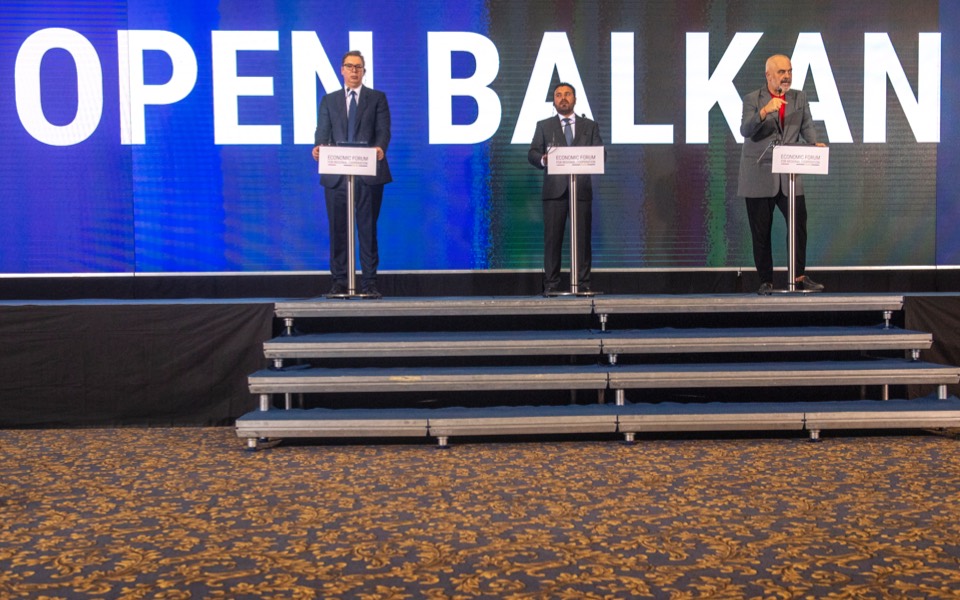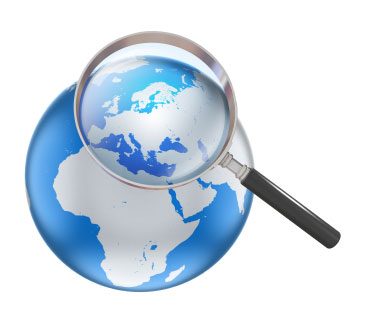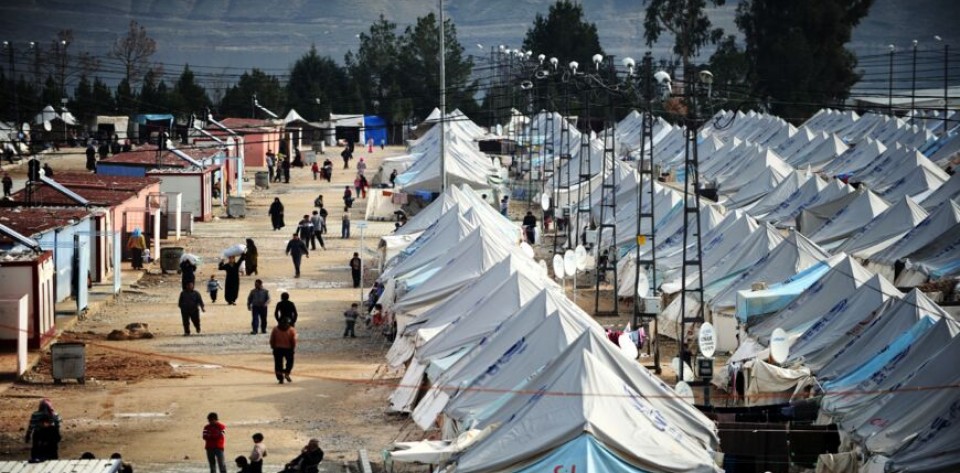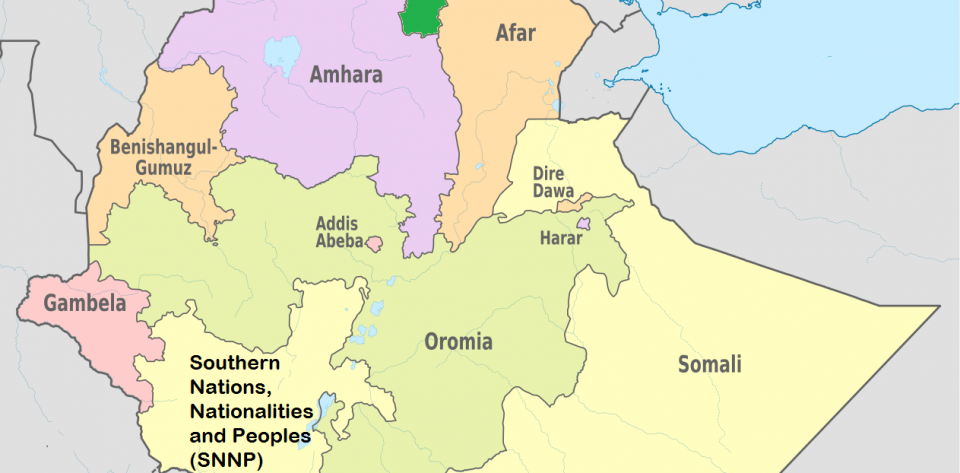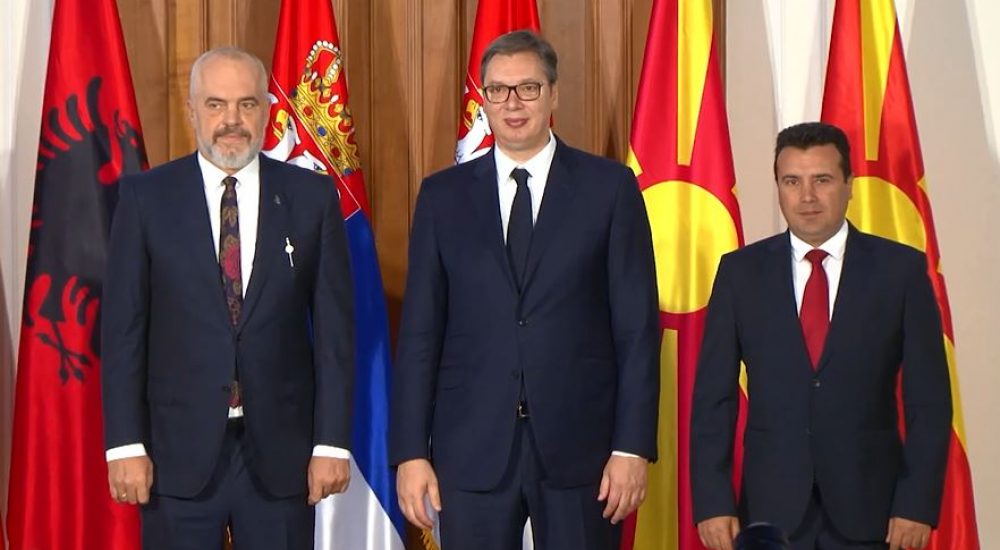
Balkan countries starting losing hope to join EU. During July 2021, Serbia, North Macedonia and Albania announced a new cooperation initiative for the region, namely Open Balkans. It is like a visa free aims to lift restrictions travel and trade between those countries 2023. Either it will be become alive or not, time will show us. Even it comes alive, it will be less important than its symbolic value. But it is important that countries like Serbia, Albania, North Macedonia, Kosovo, Bosnia-Herzegovina and Montenegro displays their political response to the European Union stalling accession talks. If anyone thinks it is only due to covid-19 pandemic, then they are wrong.
YOUTUBE
The project has not been embraced by every nation in Balkans but it takes some good attention from Montenegro, Kosovo and Bosnia. However, there are many obstacles before this becomes alive.
Why Balkans lose its belief on EU? Simply, EU tries to be more transparent among its members. Therefore, they have announced a “revised enlargement methodology” which gives transparency how EU officials negotiates the terms with candidates. Moreover, it gives more insight about the candidate country policy on immigration, democracy and rule of law and other strategic matters. This was not only for transparency reason but EU has adopted such policy to create additional brick wall to candidates. While this methodology would delay their attendance into EU, it will give time EU to fix itself. But Balkans countries believe, it would keep at the gate forever.
For instance, North Macedonia. When North Macedonia settled to its name dispute with Greece which it did in 2018, France said North Macedonia needs more reforms before the talk even get started. Then, Bulgaria blocked accession talk with North Macedonia due to historical disputes.
Since the enlargement plan was put in place, there is a little progress on EU talks.
The pandemic has hit he economies of Balkans since their economy depends of the service sector. In Serbia, has 57% of workforce, Montenegro has 73% of workforce, Bosnia has 35% of workforce are service industry. Considering all restrictions and measures, the damage on economy has been devastating on those countries. Moreover, those countries economy depend on export. And since pandemic has disrupted the global economy, it has disrupted their ability to sell to other countries.
Balkans have been aware that peace comes with prosperity. However, the states face structural problems and ongoing economic problems of their own. Therefore, Balkans believing in EU are getting vague.
Before the pandemic starts, Balkans were eager to diversify the trade with US, Russia, China and Turkey. However, all these countries are now left with the problems associated with pandemic. According to Gallup World, the approval rate for EU leadership among Balkan nations fall although it is still 50% in some countries.
It seems that EU prospects are no longer realistic goals for Balkan nations. It is and will be even more complicated for Balkan countries to work together toward for a common goal. However, the governments are aware that they need to float the economy which means functioning labor market and economic growth are the primary concerns. Since EU is occupied to fix itself and understand what they are and are not before any enlargement plans takes in action and global economy recovers to prior pandemic level, Balkan nations need to concentrate on cooperating with each other in order to maintain stability of the region and that of Europe.



